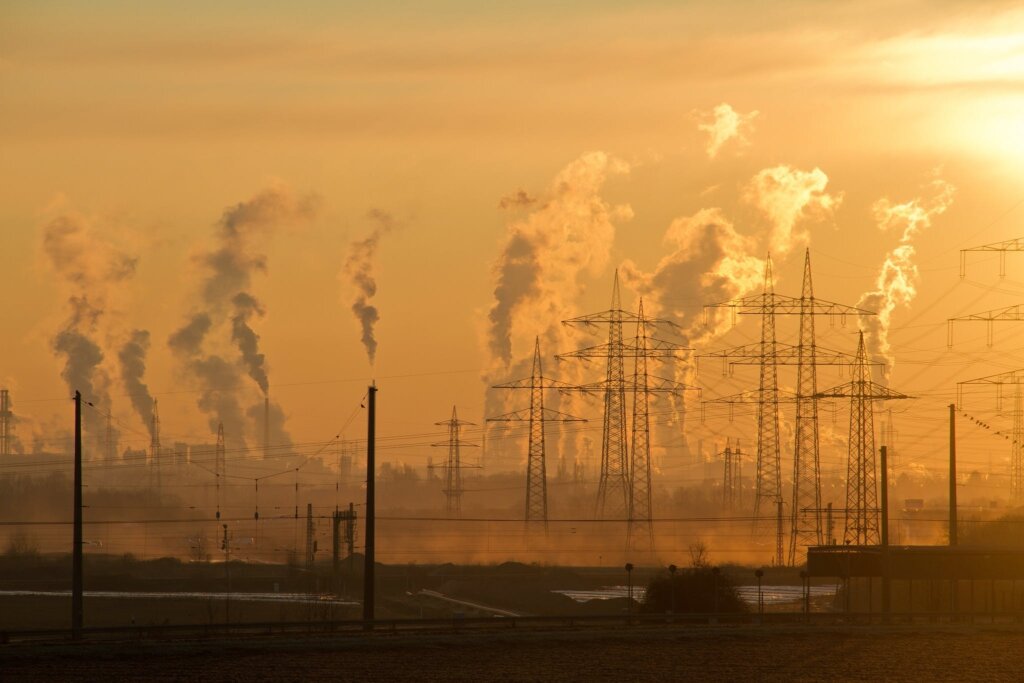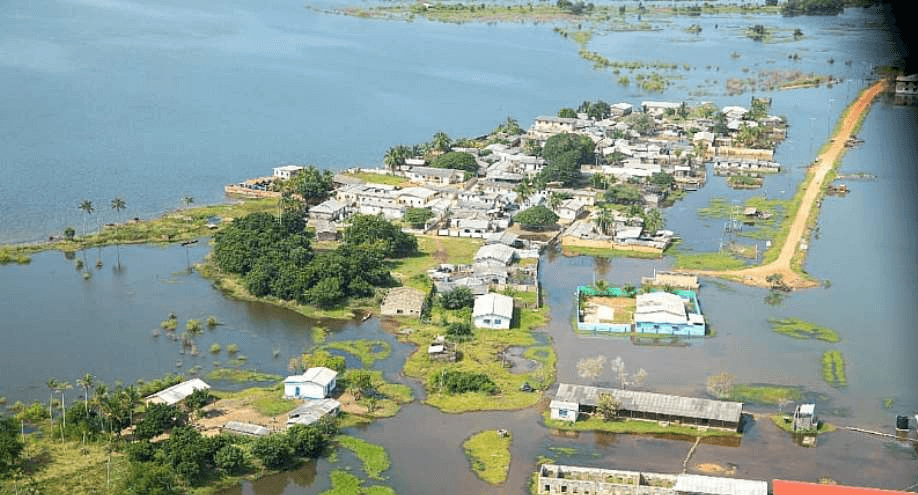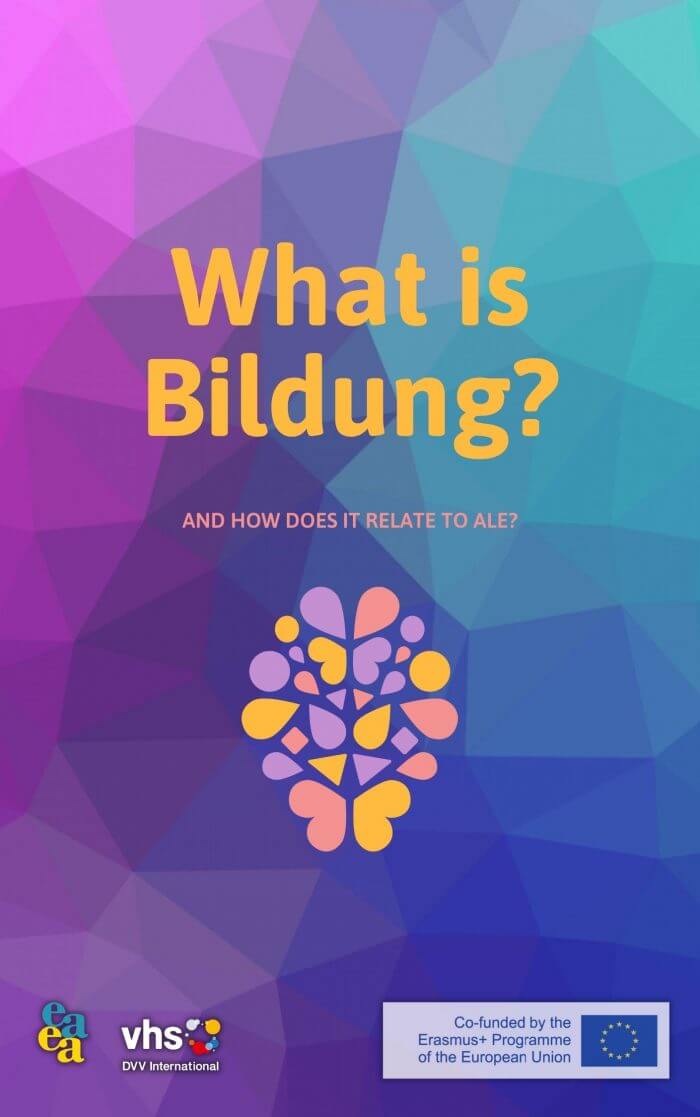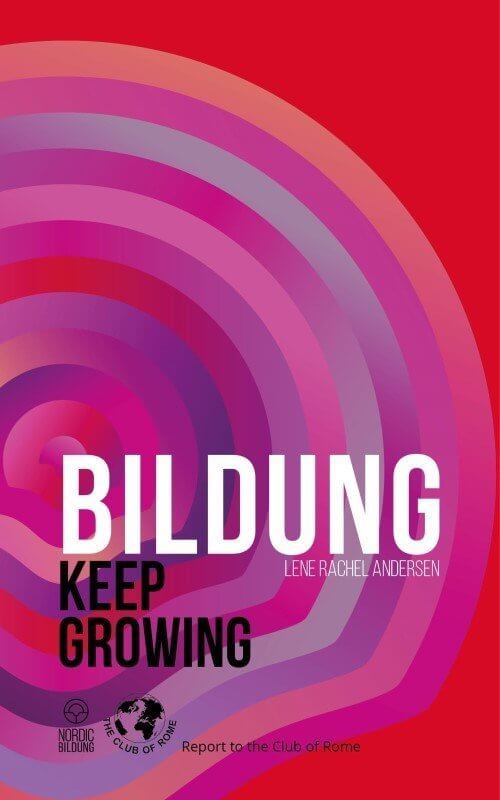The economy today
In order to transform our economy into a more compassionate one, it is crucial to first comprehend the challenges that persist in the current economic landscape. Examining the fundamentals of our current economic system helps reveal where transformation is needed to realign the economy with shared prosperity, sustainability and human flourishing.
The prioritization of profit
First and foremost, the global economic system is profit-driven at its core. Corporate decision-making overwhelmingly revolves around maximizing shareholder returns and short-term profits. This focus on financial gains can override other ethical considerations related to workers, consumers, communities, or the environment. When profits are the primary metric of success, externalities such as pollution, poor labor conditions, public health risks and more become acceptable trade-offs if they serve to boost the corporate bottom line.

Inequality
The profit imperative contributes to rampant economic inequality. Returns increasingly concentrate in the hands of those already wealthy while excluding many struggling to meet basic needs. Research shows that the world’s richest 1% own over 45% of global assets. With statistics showcasing an ever-widening wealth gap, it becomes evident that a significant portion of the global population is left behind, struggling to access basic resources and opportunities. This growing disparity has profound implications for various demographics, especially marginalized communities and those with limited access to resources, perpetuating cycles of poverty and limited social mobility. The stark inequality built into our economic systems withholds resources and power from many groups, further entrenching their marginalization and restricting their agency for self-determination, participation, and prosperity.

Short-term thinking
This drive for endless gains also incentivizes short-term thinking. Businesses discount long-term risks and costs, making choices that reap immediate returns while externalizing negative consequences for the future. The constant pressure to deliver quarterly returns blinds corporations to the unsustainability of this approach. Until the incentive structures rewarding corporate short-termism are transformed, the economy will remain rigged towards immediate gains for the few at the expense of the many and the future.

Environmental harm
The pursuit of profit-driven growth often comes at the expense of the environment. Our growth-based system relies on the infinite extraction and consumption of finite natural resources, neglecting the long-term consequences for the environment. Corporate practices from fossil fuel dependence to plastics pollution have caused widespread environmental degradation, resource depletion, and ecological imbalances, yet few costs are internalized.

Erosion of social connection
People become defined solely as consumers. Complex human needs for meaning, purpose, agency and community are reduced down to consumption-based identities through branding and marketing. Quality of life is measured only in quantitative terms like GDP rather than social or environmental indicators, fostering spiritual emptiness. The competitive nature of the current economy has contributed to the erosion of social connections. As the pursuit of individual success often takes precedence over communal well-being, communities face the strain of diminishing social cohesion and a decline in interpersonal relationships. The emphasis on individual achievement within a hyper-competitive environment has led to a culture that values personal gain over collective welfare, resulting in a weakened sense of compassion and solidarity within communities.



